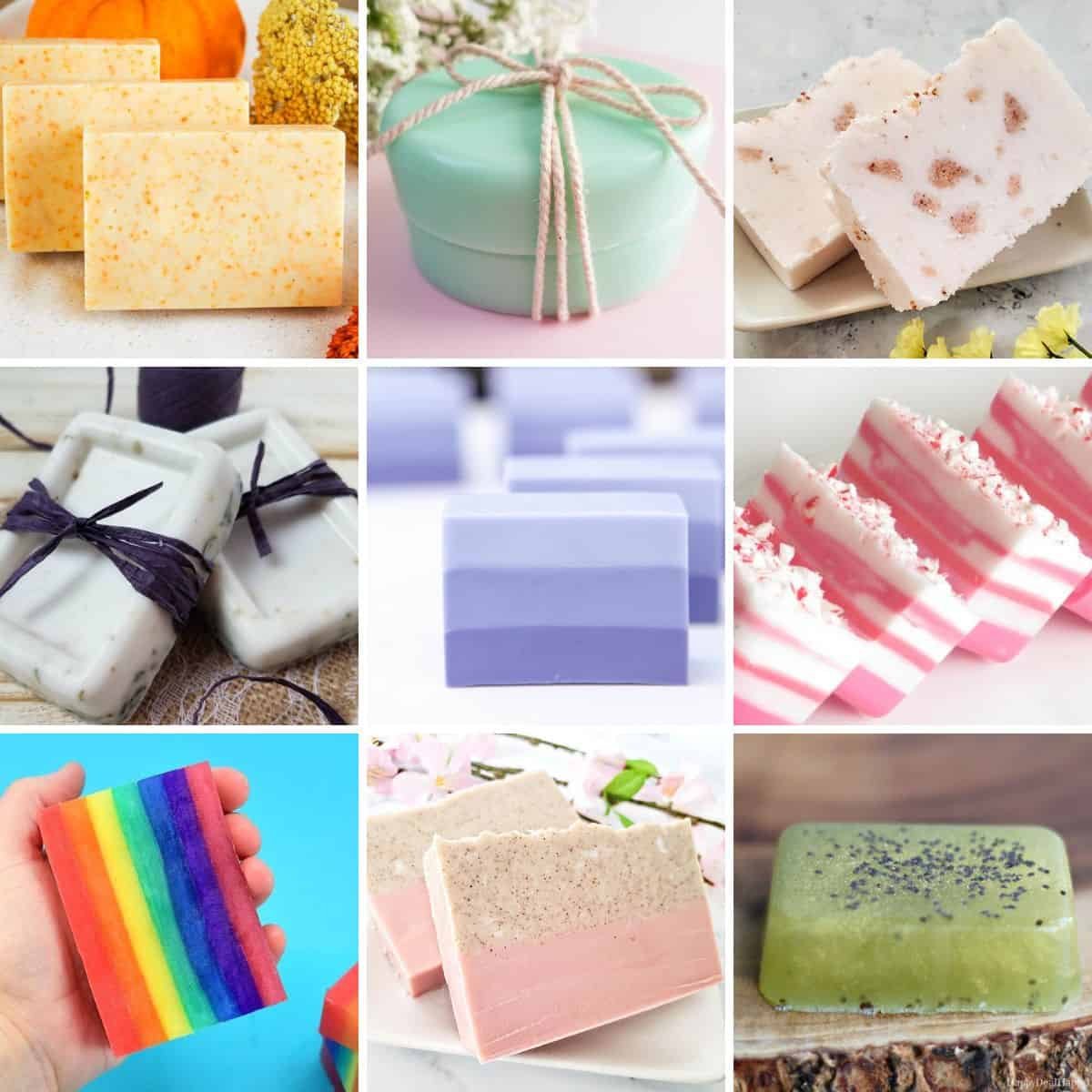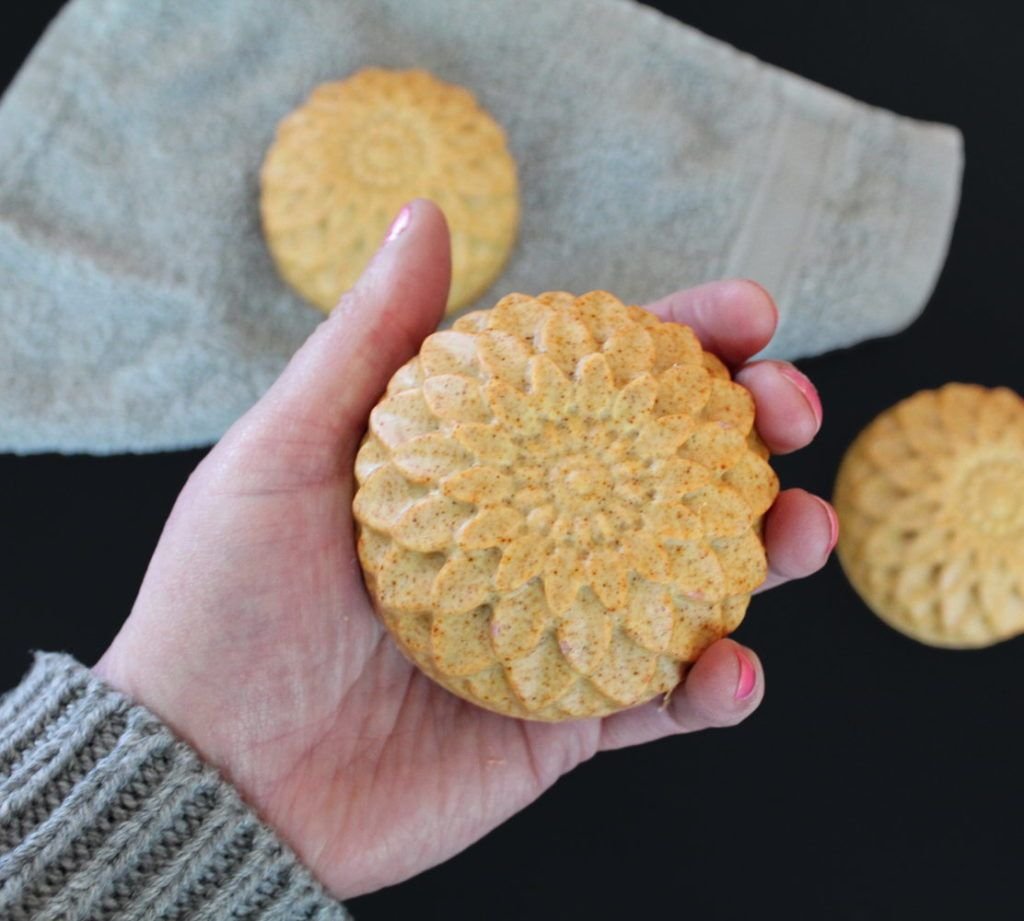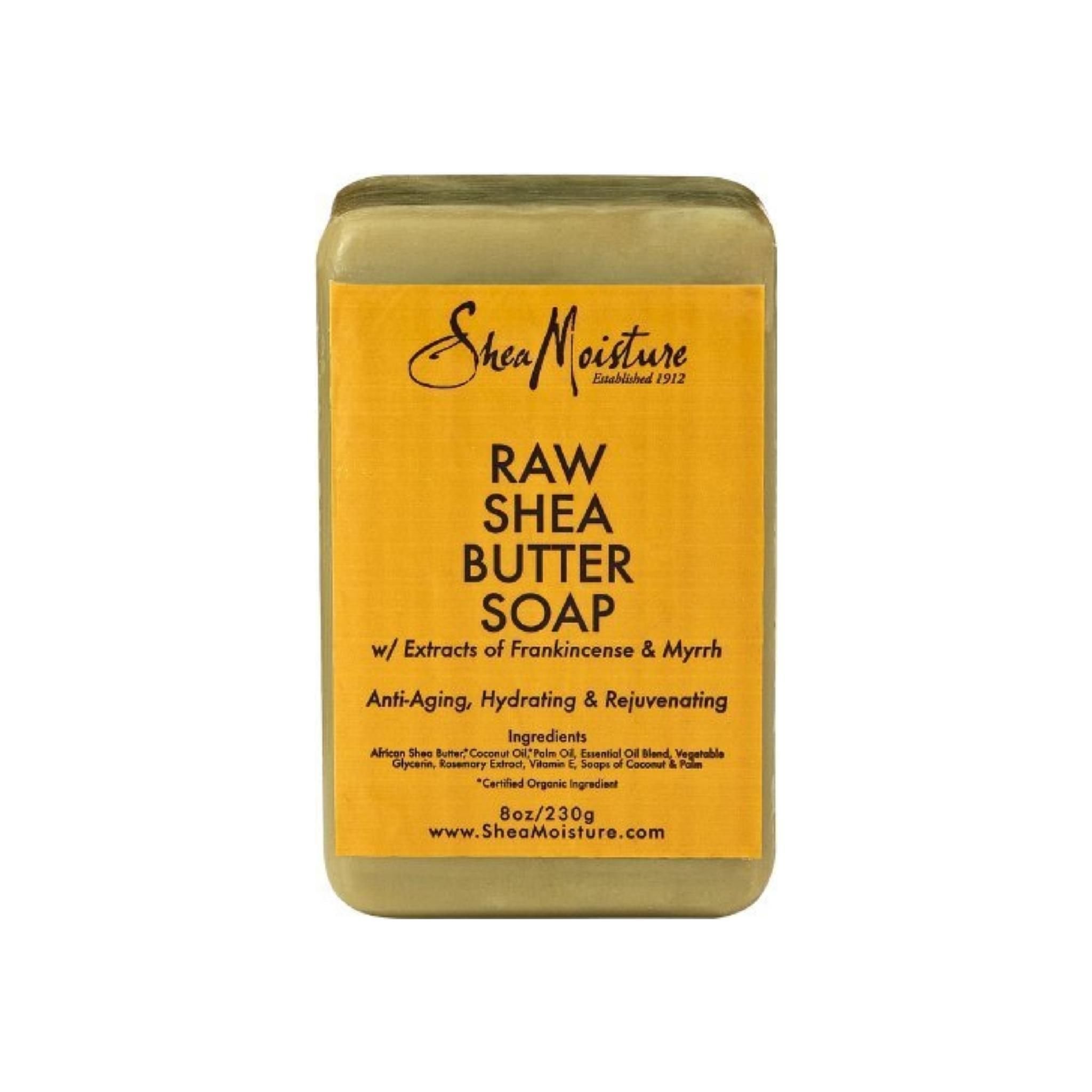Dry skin can be a hassle, but it doesn’t have to be. Discover the Best Homemade Soap for Dry Skin: A Guide to Gentle Nourishment. With the right soap, you can soothe your skin and keep it hydrated all day long.
Key Takeaways:
- For dry skin, consider using natural soaps made with nourishing ingredients like vegetable oils, cocoa butter, olive oil, aloe vera, jojoba, and avocado.
- Natural soaps are gentle on the skin and free from harsh chemicals.
- Benefits of using natural soaps for dry skin include moisturizing, soothing, and antibacterial properties.
Best Homemade Soap for Dry Skin

Soothe and nourish your dry skin with the best homemade soap crafted with natural ingredients. Natural soaps gently cleanse without stripping away your skin’s natural oils, leaving it soft, supple, and hydrated.
Choosing the Right Ingredients
For dry skin, opt for soaps enriched with:
- Vegetable oils (olive oil, coconut oil, almond oil)
- Cocoa butter
- Aloe vera
- Jojoba oil
- Avocado oil
These ingredients are rich in antioxidants, vitamins, and fatty acids that nourish and protect the skin.
Benefits of Natural Soaps for Dry Skin
- Moisturizing: Natural oils and butters hydrate and soften the skin, preventing dryness and flaking.
- Soothing: Aloe vera and other calming ingredients reduce irritation and inflammation.
- Antibacterial: Some natural soaps contain antibacterial properties that help combat acne and other skin concerns.
Step-by-Step Guide to Making Homemade Soap
Materials:
- Soap base
- Essential oils (optional)
- Natural additives (e.g., shea butter, oatmeal)
- Soap mold
- Measuring cups and spoons
- Heat-resistant container
- Gloves
Steps:
- Melt the soap base: Cut the soap base into small cubes and melt it in a double boiler or microwave according to the manufacturer’s instructions.
- Add essential oils and natural additives: Once the soap base has melted, remove it from heat and add your desired essential oils and any additional additives.
- Pour into mold: Transfer the soap mixture into your prepared soap mold and tap gently to remove any air bubbles.
- Cool and cut: Allow the soap to cool and harden for several hours or overnight. Once set, remove from the mold and cut into desired shapes.
Tips for Using Homemade Soap
- Use warm water to lather up the soap and avoid scrubbing too hard.
- Apply moisturizer after bathing to lock in moisture.
- Store the soap in a cool, dry place.
Why buy expensive products when you can make your own? Discover the best homemade body lotion recipe to keep your skin soft and supple. Pamper your furry friend with the best homemade cat food recipes that are both nutritious and delicious. Protect your delicate skin with the best homemade laundry detergent for sensitive skin eczema. Give your palm trees a boost with the best homemade palm tree fertilizer that will help them thrive.
Making your own homemade soap

Here’s your opportunity to craft your own delectable homemade soaps. Whether you’re a seasoned pro or just starting out, this guide will take you through the steps to create soaps that are both gentle and nourishing.
Key Takeaways:
- Before you start, take precautions like wearing gloves and eye protection when handling lye.
- Choose a soapmaking method that suits your skill level and preferences.
- Select high-quality, natural ingredients to create soaps that are gentle on your skin.
- Experiment with different recipes to find the perfect combination of scents and功效.
- Enjoy the satisfaction of using your own homemade soaps, knowing they are free from harsh chemicals and tailored to your skin’s needs.
Lovely Greens: 7 Ways How to Make Soap
Using homemade soap
Are you seeking a natural way to care for your precious skin? Using homemade soap is an excellent choice, especially for dry and delicate skin that needs extra nourishment.
Let me guide you through the benefits and the art of creating your own homemade soap. By choosing the right ingredients and following simple steps, you can craft luxurious soap bars that will gently cleanse and moisturize your skin without stripping away its natural oils.
Key Takeaways:
- Homemade soap offers a gentle and natural way to cleanse and nourish dry skin.
- Select the right base oils, herbs, and vegetable butters to create a soap that meets your specific skin needs.
- Follow clear instructions when making homemade soap to ensure a safe and effective product.
Source: The Ultimate Guide to Making Soap for Very Dry Skin
Tips for Keeping Skin Hydrated
Keeping your skin hydrated is crucial for maintaining its health and youthful glow. Here are a few tips to help you keep your skin supple and moisturized:
1. Choose the Right Soap for Dry Skin
Harsh soaps can strip your skin of its natural oils, leaving it dry and irritated. Opt for gentle soaps that are specifically designed for dry skin or contain moisturizing ingredients like shea butter, glycerin, and oatmeal. Avoid soaps with strong fragrances or harsh surfactants, as these can further dry out your skin.
2. Use Lukewarm Water
Hot water can damage the skin’s natural barrier, leading to dryness. Use lukewarm water when bathing or washing your face.
3. Moisturize Regularly
Applying a good moisturizer to damp skin immediately after showering or washing your face helps trap moisture and keep your skin hydrated. Choose a moisturizer that is appropriate for your skin type and contains hydrating ingredients like hyaluronic acid, ceramides, or squalane.
4. Exfoliate Regularly
Exfoliating removes dead skin cells, allowing moisturizers to penetrate deeper into the skin. Use a gentle exfoliating scrub with fine grains to avoid irritating your skin. Focus on areas that tend to get dry, such as elbows, knees, and feet.
5. Avoid Over-Washing
Washing your skin too often can disrupt its natural moisture balance. Limit bathing or showering to once or twice a day, and keep it brief.
Key Takeaways:
- Use gentle soaps designed for dry skin.
- Use lukewarm water to avoid stripping oils.
- Moisturize regularly to trap moisture.
- Exfoliate gently to remove dead skin cells.
- Limit over-washing to protect the skin’s natural barrier.
Source:
FAQ
Q1: What are the best natural oils to use in homemade soap for dry skin?
A1: Olive oil, cocoa butter, and avocado oil are excellent natural oils that provide hydration and restore the skin’s moisture barrier.
Q2: Can I use herbs in my homemade soap for dry skin?
A2: Yes, herbs like nettle and aloe vera possess moisturizing properties that can enhance the soap’s nourishing effects.
Q3: What is the best vegetable butter to use in soap for dry skin?
A3: Shea butter is a highly recommended vegetable butter for dry skin as it provides deep hydration and helps protect the skin from moisture loss.
Q4: How can I make my homemade soap more moisturizing?
A4: Including glycerin in your soap recipe is a great way to enhance its moisturizing abilities as it acts as a natural humectant to lock in moisture.
Q5: Can I add oatmeal to my homemade soap for dry skin?
A5: Yes, oatmeal is a beneficial ingredient for dry skin as it soothes and gently exfoliates, removing dead skin cells and promoting skin renewal.
- Modern Backsplash Ideas: A Guide to Todays Kitchen Trends - December 18, 2025
- Ceramic Kitchen Wall Tiles: Style and Protection for Your Walls - December 17, 2025
- Kitchen tiling wall: Elevate your kitchen with stylish wall tiles - December 16, 2025









